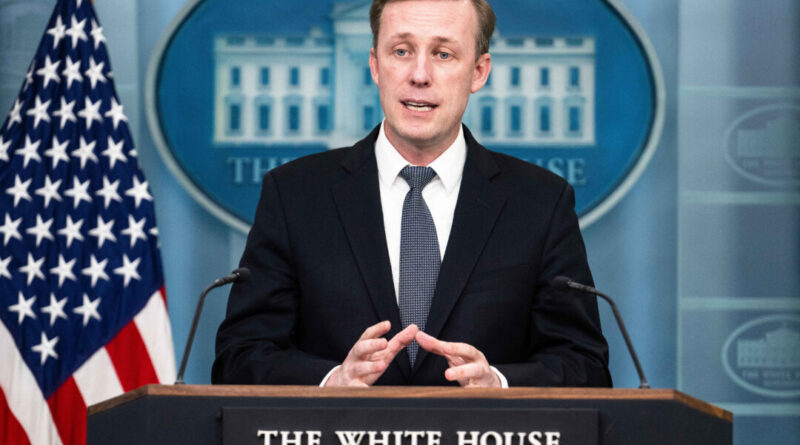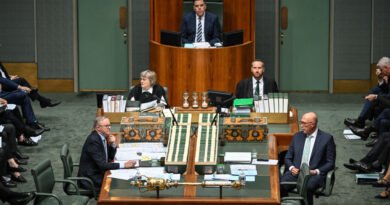Sullivan Reports US is Lifting Restrictions on Civil Nuclear Cooperation With India
Experts suggest that strengthening cooperation between the United States and India will aid Washington in its efforts to confront China.
NEW DELHI—During a two-day visit to the country, U.S. national security adviser Jake Sullivan announced that the United States will eliminate barriers to civil nuclear cooperation with Indian companies on Jan. 6.
Since the mid-2000s, the two nations have been discussing the supply of U.S. nuclear reactors to India. A deal signed by President George W. Bush in 2007 permitted the United States to provide civilian nuclear technology to India.
However, India’s liability rules stipulate that the company constructing the nuclear plant, rather than the operator, is responsible for any accident costs. This approach has impeded further cooperation between the United States and India in the nuclear field.
While Sullivan did not specify the exact changes, he mentioned that the “formal paperwork will be completed soon.”
Following India’s nuclear weapons tests in 1998, the United States imposed restrictions on over 200 Indian entities. The U.S. Department of Commerce’s Entity List includes at least four entities under India’s Department of Atomic Energy, as well as certain Indian nuclear reactors and power plants.
“This presents an opportunity to move past historic disagreements and allows entities that were previously restricted in the United States to get off those lists,” Sullivan commented.
S.D. Pradhan, a former chairman of India’s Joint Intelligence Committee and ex-deputy national security adviser to the Indian government, emphasized the necessity of civil nuclear cooperation between the two nations to help India meet its clean energy requirements.




